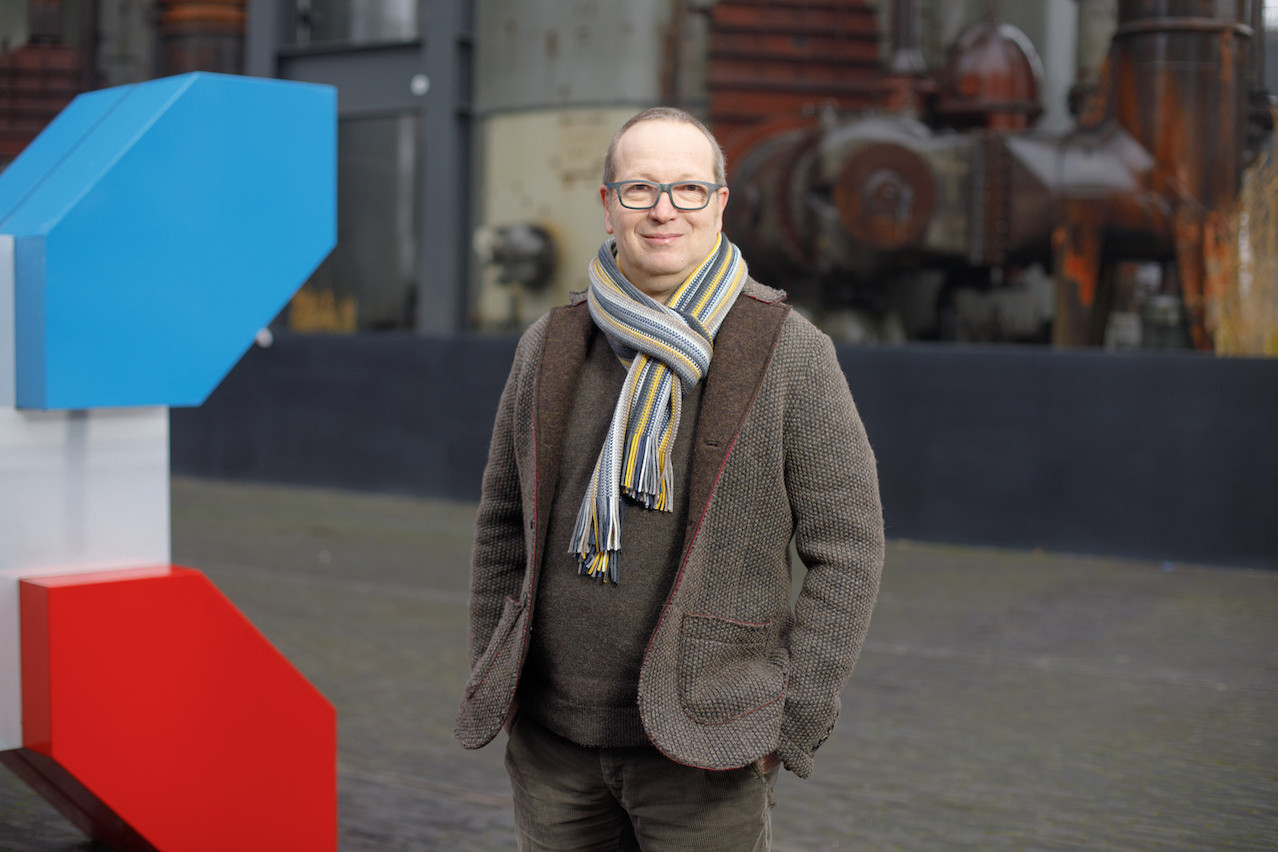From the evidence derived from a bus tour conducted by the institution’s Digital Innovation Hub last November., Joachim Clemens-Stolbrink is feeling optimistic about the development of digital transformation in the grand duchy. “One takeaway from that tour is that, of course, there are already companies here in Luxembourg that are on the higher level of digitalisation, and many others are following.” But the senior advisor on digital transformation at Luxinnovation thinks these developments are more of an “evolution, from a practical viewpoint” rather than a fourth industrial revolution.
He admits that terms like artificial intelligence, augmented reality, big data… are more than just buzzwords. “But what we recognised on the bus tour was that you need people. And you need motivation to change something in your organisation. Then you have to find out from your pain point which technology can actually help you to innovate and go for digital transformation. But the technology itself, as a stand-alone, will certainly not help you.”
One element that companies should not underestimate is the young generation, says Clemens-Stolbrink. “They are used to all the different tools… you have very lightweight solutions in the form of apps on your mobile. And this is what that generation expects when joining a company. And I think it’s what professional customers will soon expect from their supplier. So there is influence coming from that side, and I would say even pressure, to change the way companies deal with customers and suppliers.”
Current material shortages also means that customers are looking for better digital solutions in their supply chain. “Digitalisation would mean better warning systems, more reliable information for production planning.”
Another major change for industry is the convergence of the back office, IT, and production or operational technology. “Ten years ago they were completely separated,” Clemens-Stolbrink explains. “But that is changing due to new technologies, particularly data analytics, data lake thinking, AI and machine learning.”
But using these technologies requires companies to be cloud ready. “Of course, if cloud, IT and OT are closely connected, you have to be very careful on cybersecurity measures. But that is almost a prerequisite before you are mature enough to move to those more high-end technologies. And you have to combine all that data in an intelligent way.”
